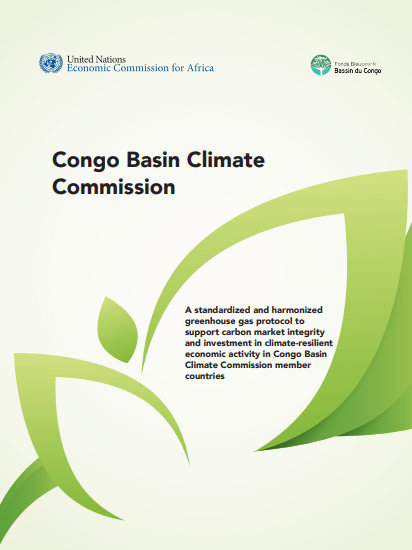Congo Basin Climate Commission
Year: 2023
Content-Type: Case study
Description: Key reasons for the continent’s failure to attract financing to support its carbon sequestration efforts include African countries’ limited institutional capacity to manage vibrant carbon markets that can stimulate public and private sector investment, the low prices paid for forest carbon sequestration, and weak carbon market integrity. Building institutional capacity and market integrity can help African countries design more effective carbon pricing policies. Those policies should support the socioeconomic and environmental development of African countries and address their global climate commitments under the Paris Agreement on climate change and relevant commitments made by States at meetings of the Economic and Social Council of the United Nations. The present study has been drafted with a view to addressing those challenges by facilitating the development of a standardized and harmonized protocol on greenhouse gas (GHG) emissions that provides for the harmonization of carbon emission accounting, verification, and reporting mechanisms. The study aims to support carbon market integrity, bolster institutional capacity, and boost private investment in inclusive green and blue economies in Congo Basin Climate Commission countries.
Pages: 200 pages
Author: Economic Commission for Africa (ECA)
Categories: Biodiversity Protection, Climate / Resilience, Economic Development / Stability, Environment / Ecosystem, Publications, Sustainability
Tags: Biodiversity Protection, Climate Finance, Development finance, Infraestructure, Regulation and Supervision


